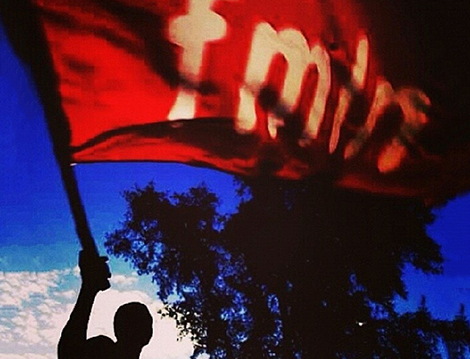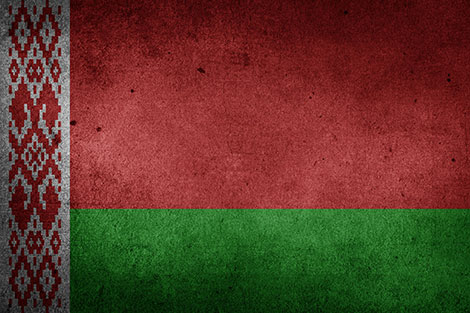
This article was originally published by E-International Relations on 24 February 2017.
The world is sick. Un/fortunately, while advocates of Brexit and other populists have correctly identified the symptoms of broad societal illness—overpowering anxiety about the present and the future; a loss of control of the self, the family, the community and the nation itself—they have misdiagnosed the primary cause of our infirmity and their efforts to cure the patient are therefore doomed to fail.
The palliative narrative offered by Leavers is a simple one. In their view, a nefarious cabal of ‘globalists’ are far removed from the everyday realities of regular people. Yet they have somehow wrested authority from local representatives (since globalism and national interest are inherently at odds), and thereby have undermined the democratic character and unique identities of individual countries. Leavers now suggest that a ream of new barriers and other protectionist measures will seal and heal the punctured state and allow people to “take back control” of their countr(ies).




